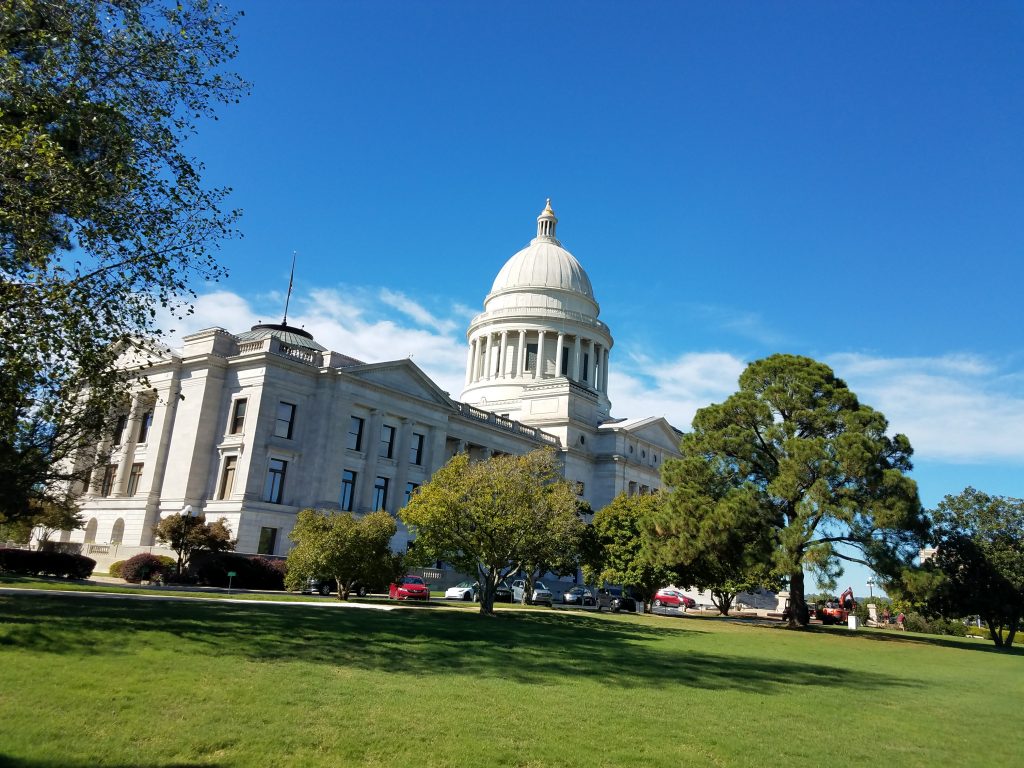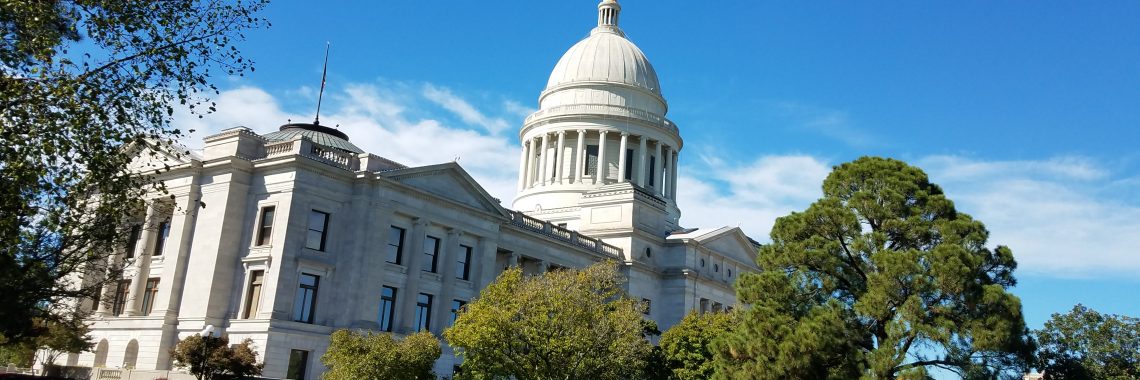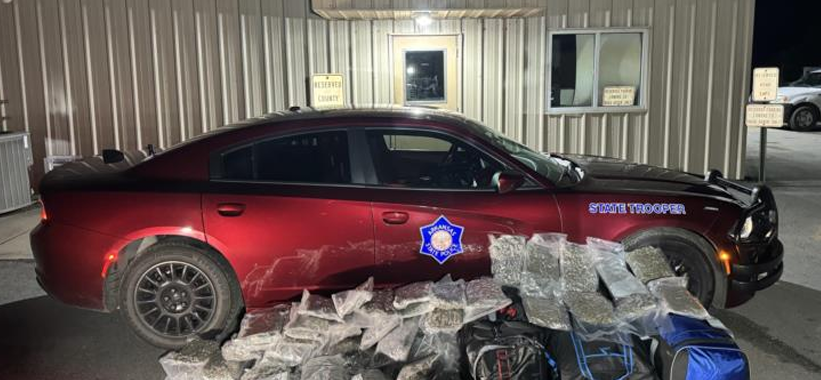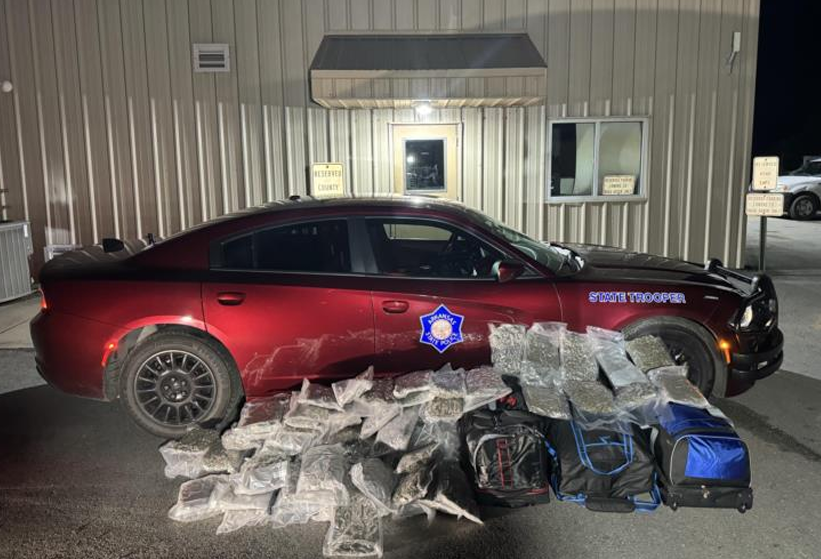Family Council Obtains Affidavits from Sponsors of Abortion, Marijuana, Casino License Repeal Measures

On Thursday Family Council received copies of the ballot initiative sponsor affidavits from Local Voters in Charge and Arkansans for Patient Access.
Local Voters in Charge is backing a measure that would repeal the Racing Commission’s authority to issue a casino license without local voter approval in a countywide election. Arkansans for Patient Access is sponsoring an amendment to expand medical marijuana in Arkansas.
On July 5, both groups submitted petition signatures to place their amendments on the ballot.
Documents obtained via the Freedom of Information Act show that leaders from both groups filed affidavits with the Secretary of State attesting, among other things, about how each group conducted background checks and training for paid canvassers employed in the petition drives.
Act 1413 of 2013 specifically requires a ballot initiative’s sponsor to list any paid canvassers employed in collecting signatures, and it requires them to file a statement confirming that each paid canvasser was given a copy of the state’s initiative and referenda handbook as well as an explanation of relevant state laws before he or she solicited petition signatures.
Under Arkansas law, paid petition canvassers must be residents of Arkansas. They must pass a criminal background check, and their information must be properly recorded with the Secretary of State’s office.
The affidavit from Local Voters in Charge is available here.
The affidavit from Arkansans for Patient Access is available here.
Family Council also received documents that Arkansans for Limited Government — the group backing an abortion measure in Arkansas — filed with the Secretary of State concerning its abortion amendment petition.
The documents included an affidavit stating the number of petition signatures submitted, but the affidavit did not include a statement concerning how the organization background-checked and trained its paid canvassers.
The group submitted some 101,525 petition signatures to place the measure on the ballot on July 5. However, the Secretary of State disqualified every petition signature, because Arkansans for Limited Government failed to provide affidavits from the measure’s sponsor concerning paid canvassers as required by state law.
In his letter notifying the group about the disqualification, Secretary of State Thurston pointed out that no other initiative sponsors failed to provide an affidavit concerning paid canvassers.
On Tuesday Arkansans for Limited Government sued the Arkansas Secretary of State for rejecting its petitions. The lawsuit called his rejection “unlawful,” and asked the Arkansas Supreme Court to order the Secretary of State to count the petition signatures for the abortion amendment.
Arkansans for Limited Government previously submitted documents to the Secretary of State showing it employed 265 paid petition canvassers over the course of its petition drive — including more than 70 paid canvassers hired within 48 hours of the July 5 signature deadline.
Legal experts have pointed out the abortion amendment would prevent the State of Arkansas from restricting abortion during the first five months of pregnancy — which is more extreme than Roe v. Wade — and would allow thousands of elective abortions on healthy women and unborn children every year.
The amendment does not contain any medical licensing or health and safety standards for abortion, and it does not require abortions to be performed by a physician or in a licensed medical facility.
It automatically nullifies all state laws that conflict with the amendment, jeopardizing basic abortion regulations — like parental-consent and informed-consent requirements that both sides of the aisle have supported in the past.
The measure also contains various exceptions that would permit abortion through all nine months of pregnancy in many cases.
The lawsuit over the Secretary of State’s rejection of the abortion amendment petitions is currently before the Arkansas Supreme Court. Family Council will continue to monitor and report on the case.
Articles appearing on this website are written with the aid of Family Council’s researchers and writers.





